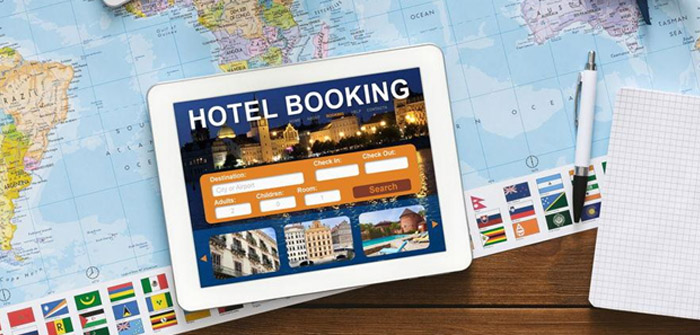As a website developer, it is your job to ensure you capture and communicate both the message and spirit of your client’s business in your work. You might find that there are several aspects of this design process that are common for all your work: registering a domain name, configuring a content management system, deciding on or creating a template, gathering details of your client’s business plan, and including a requisite amount of multimedia content and social media links. However, each industry you work with has its own features and style necessary to consider if you want to stand out for those clients and build a niche specialty. This is especially true for the hospitality industry.
Holistic customer view
The first is the holistic feel of the client’s business. What is the ambience that you feel when they enter their establishment? What is the emotional impact of the environment during live events or performances? What are the sights, sounds, tastes, and smells that accompany the experience? It’s very helpful to take several pauses to soak in the resonance of the place in yourself, in a personal visit to the client. The reason is simply this: you are sharing not just information but a visceral experience.
Identify client needs
Next is to get a clear list of what the clientele for the establishment is actually seeking. Are they primarily there for drinks, food, or entertainment? Is the target clientele working professionals, students, families, or single adults? What services or products does the venue offer its clientele? If food, what is the menu and if drinks, what is their drink list? Capturing these details clearly allows you to help target the venue towards the right audience, with the right information they might be seeking out on the site.
Locations and surroundings
Additionally, it’s good to know the surroundings and locale, especially for venues in the hospitality industry. Notable attractions in the nearby area, additional events going on in the neighbourhood, and clear directions and embedded maps like Google Maps will convey a clear sense of the physical presence of the business to the visitors of the site. This can establish in their minds a tangible real-world sense of the venue.
Conclusion
Providing VPS hosting and website development including web design services for the hospitality industry or any industry for that matter requires unique consideration to be of maximum impact for your client. This goes beyond simply asking a different list of questions or choosing a different layout. It requires, for a moment, stepping into the shoes of the clientele themselves. It requires feeling, within yourself, what the experience is like, and translating that experience into words, images, sounds, and videos on the website you create.
 About the Author
About the Author
Emily Lamp is a professional writer, working closely with many aspiring thinkers and entrepreneurs from various companies. She is also interested in technology, business growth and self-improvement. Say hello to Emily on Twitter @EmilyLamp2.





